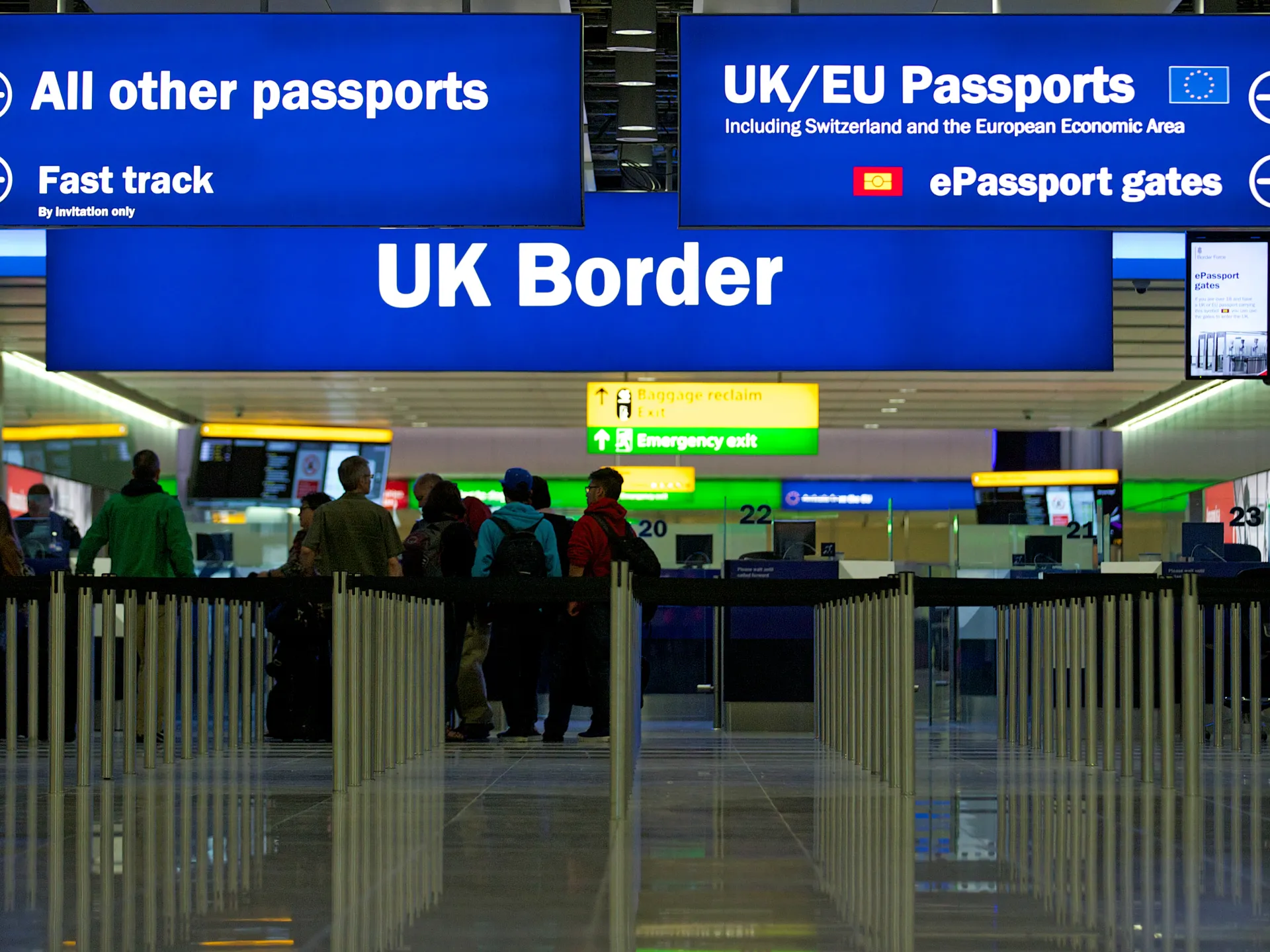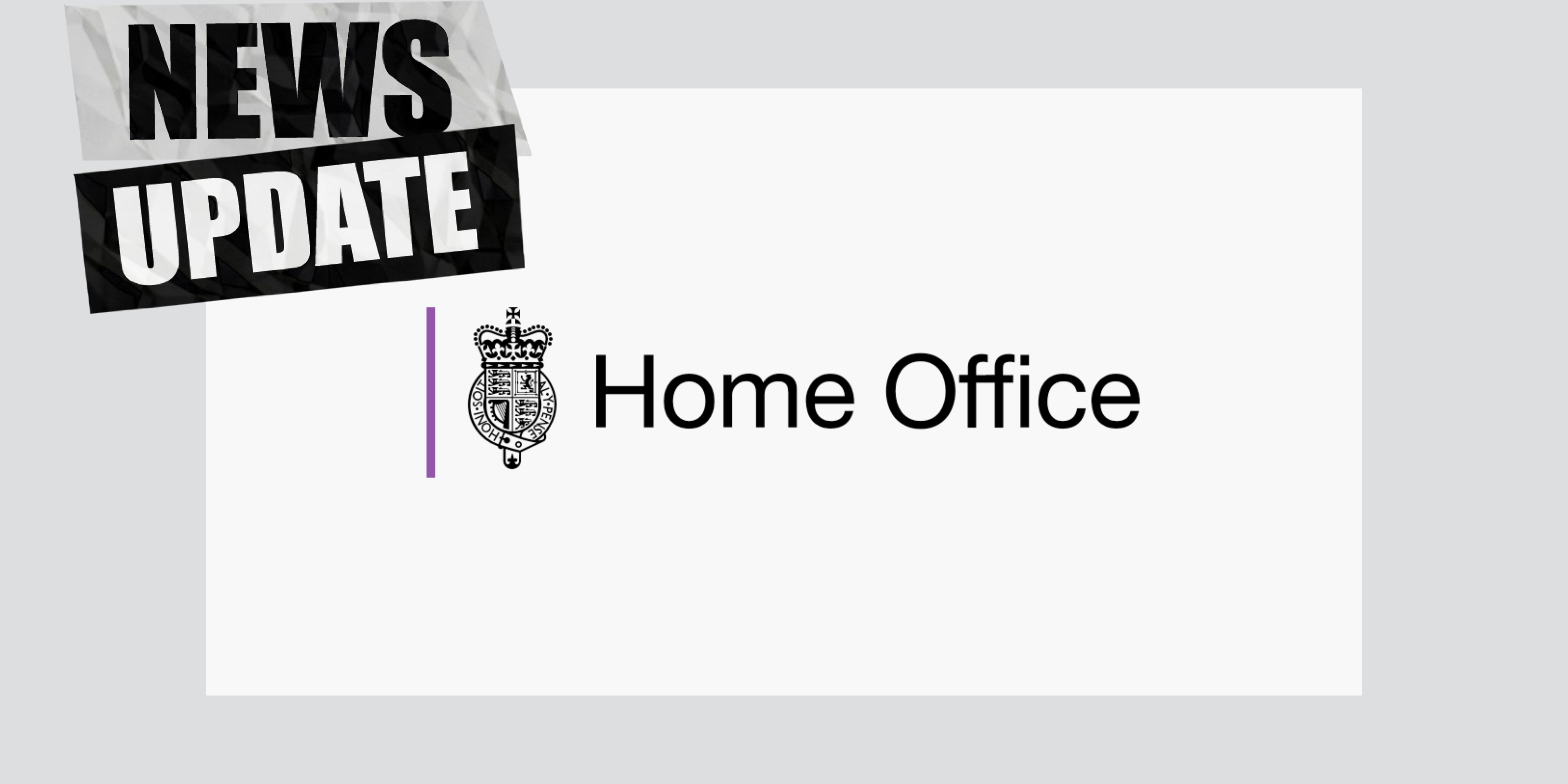- Pakistan, Nigeria and Sri Lanka are among the nationalities that could be targeted
- UK keen to squeeze students from countries most likely to claim asylum once they arrive
- Further tightening of access within the graduate route to jobs that have career progression is mooted
First reported in The Times yesterday, the expected measures, thought to form part of the anticipated UK immigration white paper, are set to target people from countries such as Pakistan, Nigeria and Sri Lanka, who are judged more likely to stay in the country beyond their allotted time or claim asylum. It is unclear whether additional countries will face the same additional scrutiny.
It is thought the plans will form part of the Labour party’s crackdown on abuses of the system, such as making asylum claims as a ‘backdoor’ route into staying in the UK. Individuals fitting this profile will therefore be more likely to have their visa application denied.
According to The Times, the Home Office is also expected to bring in further restrictions forcing international graduates to get a graduate-level job, determined on skill level rather than salary, if they wish to stay in the UK after university.
A Home Office spokesperson told The PIE News that its immigration white paper would “set out a comprehensive plan to restore order to our broken immigration system”.
“To tackle abuse by foreign nationals who arrive on work and study visas and go on to claim asylum, we are building intelligence on the profile of these individuals to identify them earlier and faster,” they explained. “We keep the visa system under constant review and will where we detect trends, which may undermine our immigration rules, we will not hesitate to take action.”
London Higher – which represents higher education institutions in the UK – told The PIE the alleged visa restrictions “run the risk of being discriminatory”.
Moreover, it warned they “run the risk of being discriminatory and could be interpreted as a kneejerk reaction to Labour’s local election losses, creating additional regulatory burden, as opposed to carefully considered policy”.
“In an age of ‘going for growth,’ the government should be shoring up pathways for international talent, not sacrificing long-term economic benefits for political expediency,” it said.
Immigration white paper
The immigration white paper, expected to be published soon, will set out a roadmap to reduce net migration levels in the UK. This number was at an estimated 728,000 in the year ending June 2024 – a sharp drop from 906,000 the previous year, in part due to an almost outright ban on international students’ ability to bring dependents with them.
Speaking at an Enroly event last week, Charley Robinson, head of global mobility at Universities UK International (UUKi), confirmed that the “main aim” of the white paper will be to “significantly bring down” net migration levels, most likely through a combination of more restrictive approaches to visas and strengthening the domestic skills base to reduce reliance on immigration.
“We are expecting to see some quite tough trade-offs between the government’s economic growth goals and their migration policy priorities,” Robinson told delegates, adding that it was likely that the Treasury would be estimating the impact of different visa policies to “square off these two competing policy priorities”.
And she warned that the graduate visa would be looked at alongside family and work visas, with UUKi being told that “nothing is out of scope” despite the Migration Advisory Committee (MAC) having reviewed the Graduate Route – recommending its continuance – just last year.
“But exactly what the scope of the white paper will be is still very much a matter of speculation,” she said.
Meanwhile, London Higher cautioned that further restrictions on international students in the UK would be “far-reaching and out of step with the growth mission”.
“We strongly urge the home office to work with the Department for Education, the Treasury and the Department for Science, Innovation and Technology to balance legitimate immigration concerns with a recognition of the superlative benefits that international students bring to our communities and economy,” it added.
Against this backdrop, international student enrolments in the UK are dipping – with the latest figures from 2023/24 indicating a 30,000 year-on-year drop to 730,000. For the second year in a row, postgraduate students continued to dominate international enrolments in the UK, accounting for nearly 60% of numbers.
Immigration has been a sticking point in UK politics for decades, and Prime Minister Keir Starmer will be keen to show that his party will be tough on migration, especially after the anti-immigration Reform party made sweeping inroads in last week’s local elections.
Key stakeholders in the international education sector have repeatedly stressed that international students should be taken out of net migration figures, given that the majority leave the UK and return to their home country
But delegates at The PIE Live Europe in March were given a no-nonsense warning by MAC chair Brian Bell, as he stressed that the government was unlikely to cave in to these demands.
“People should stop wasting their time asking for international students to be taken out of migration statistics. It’s not going to happen,” he said bluntly.



